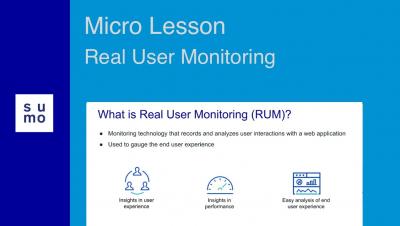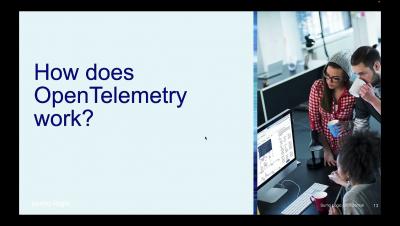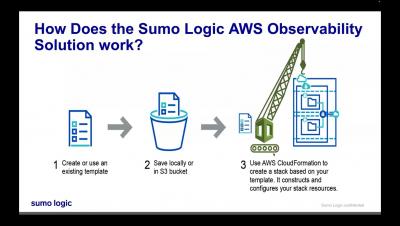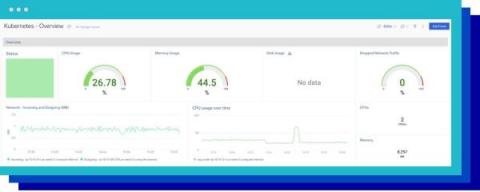How to build your DevOps team with Agile culture
DevOps is the modern convergence of people, processes and tools to create a continuous software delivery stream. Much like the code it produces, the concept of DevOps itself is continuously adapting to encompass new ideas, methods, and technologies. So what can we expect from the DevOps cultural shift in the future? The delivery stream of yesterday was a segmented process, often separating key teams and concepts into silos where people focused on their individual tasks.











